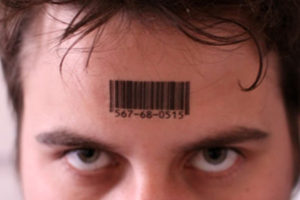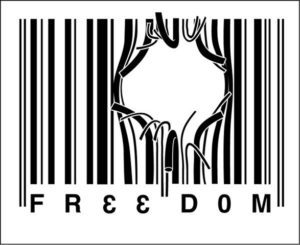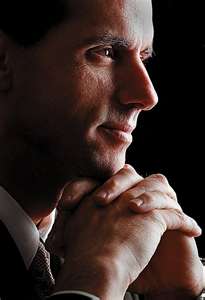We’ve all had the feeling in the pit of our stomachs. Somebody asks you “What do you do?” They seem to think they’ll learn a lot about you by asking, but you’d rather they never had.
Maybe your job needs too much defending or explaining. Or you’d rather not have to think about “what you do” when you’re not doing it. Maybe you don’t have a job to talk about. Maybe it’s just an inadequate measure of who you are.
It doesn’t have to be.
“What do you do?” is usually a stranger’s second question. (The first—“Where are you from?”—is just an icebreaker, before getting down to business.) As he sums you up, he can already see your age, sex and race, and how well you present. Your job provides all the remaining information he thinks he needs for his snapshot of you.
Because it’s a demonstration of your worth. It gives him your rung on the social ladder. He thinks he’ll learn something about how hard you’ve worked and how smart you are when you tell him. You don’t have to let the question sum you up so easily.
Never just say: “I work at ___,” “I’m a ___,” or “I’m studying to be a ___.”
Tag yourself differently. Take the opportunity this question presents to define yourself in the ways that you want to be defined.
I was struck the other day by a column about work in my local paper entitled “It’s Not All That We Are.” The writer had been watching her co-workers, who had lost their newspaper jobs, leave for the last time. They got some final applause when they left the newsroom from the employees whose jobs—like hers—had been spared. Then she wrote:
“When the applause ends, a dreadful silence sets in.”
In this moment-after, when you could hear a pin drop, the importance of a job like writer or copy editor “takes on mythical proportions.” Indeed, when it’s gone the void can seem so huge that it’s hard to find what’s left of the person who held it.
At times like this, a job can seem like all that we are. The dread hangs in the air over those who have been left behind, silently wondering what the applause would sound like for what remains of them.
It’s not just that our work is too important in our lives. It’s that the other things that are important about us are not more front and center—holding their own with our jobs as essential and obvious parts of who we are.
It’s those things about us that can’t be taken away when a job is.
While the question “what do you do” is looking for a quick summary of your utility in the world, your answer should always speak to your contributions and your value in broader ways.
Your answer should no longer be a label or a tag, but a very short story.
It should speak to your present but also your future. (I am this, working to be that.) It should speak to your commitments. (I write or draw or raise dogs, I travel, sing or climb, I help my elderly neighbors, I march in parades.) It should speak to your spirit. (I live for the silence after a snow has fallen, or for the roar of twenty thousand baseball fans.) You need to put this kind of information out there too.
A very short story in 3 parts that says: my job is only part of “what I do.”


 brought to it had left its mark. In the volley that followed, I explained her with these words:
brought to it had left its mark. In the volley that followed, I explained her with these words:

